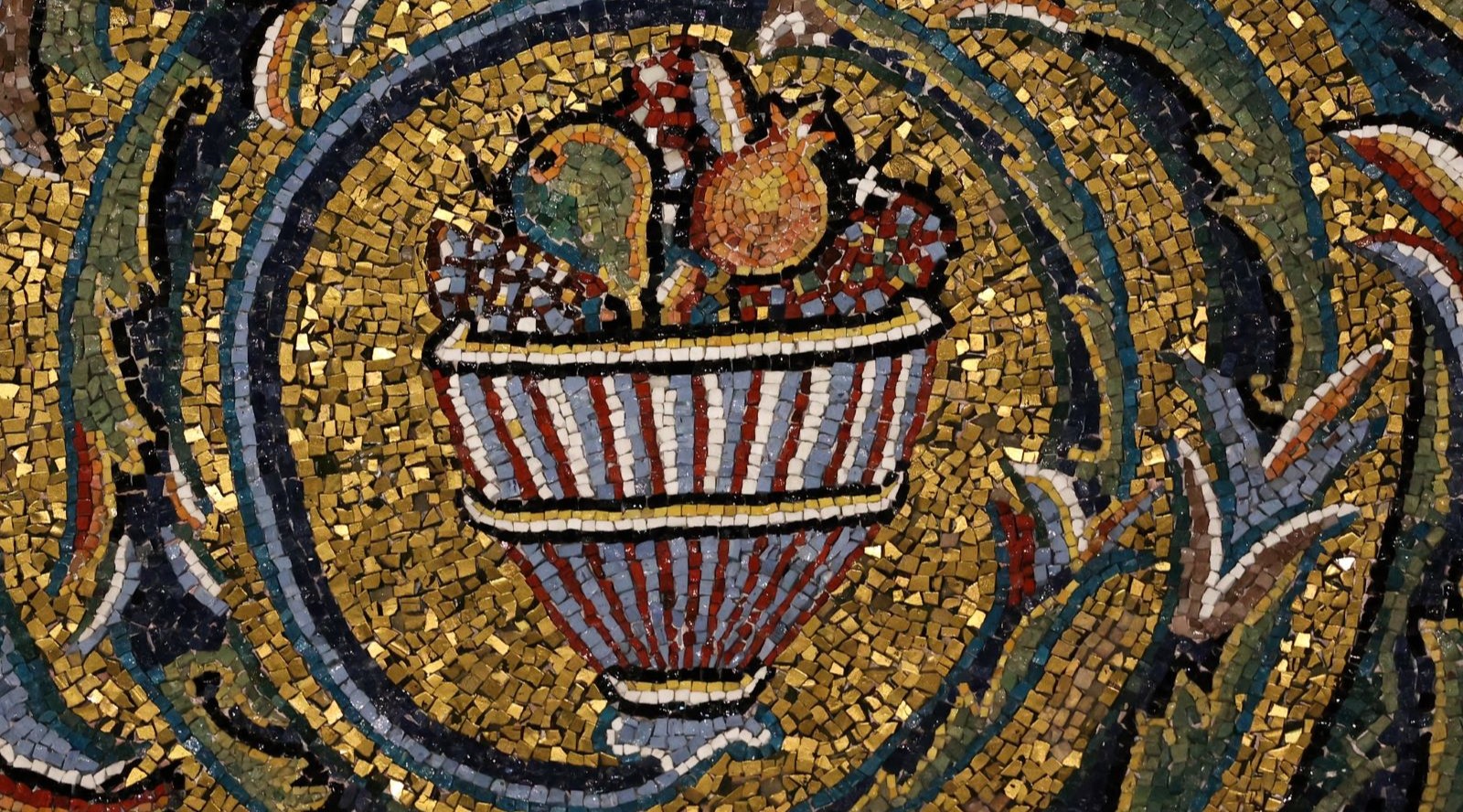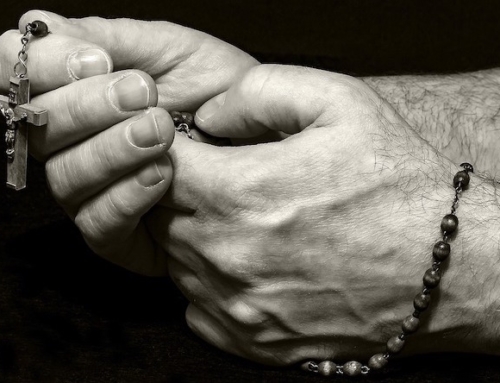One great joy of growing up is looking back on how your parents raised you and having a deep appreciation for the way they did things. Back when you were a child, you might have found the teachings and commands of your parents almost entirely incomprehensible (“I can’t have a whole bag of jelly beans before dinner? But they’re so good!”), but now as an adult, you can recognize that maybe, just maybe, your parents got some things right.
Such is the case with one of my dad’s sayings: “Practice an attitude of gratitude.” Now, if the only time my dad had said this was on Christmas morning, when my stocking was full and a plenitude of dazzling wrapped gifts lay under the tree, I would not have batted an eye. “Oh sure, Dad, yep, I am really grateful,” would have been an easy thing to say while violently ripping open the gift wrap of that exact thing I asked Santa to give me. But although it is true to say that my dad consistently practiced gratitude, he would only tell me to practice an attitude of gratitude when things did not seem as good as on Christmas morning, when things were hard. That is what left me baffled. Why should I be grateful when things are imperfect? But it is in this perplexity that my dad’s wisdom comes to light.
For what are we to be grateful? Gratitude is easy to express when we receive an extraordinary gift. For example, some moments in my life where I have been the most grateful are graduating from high school and college, hiking the Tatra Mountains in Poland, witnessing the marriage of my best friend, and seeing the Sistine Chapel. At any of these moments, I would have been inclined to say that life is perfect. Everything is so good; how can one not be grateful?
When life is ordinary, unexciting, and even difficult, gratitude comes less easily. But the truth is that there is always something to be grateful for . . . Always. Even if one is experiencing great trials, most of us can count the following daily blessings: being alive, having food to eat, sleeping in a bed, and having clothes to wear: Not everyone can say that. While the vicissitudes of life can obfuscate the fact that we have many blessings, we should not let the consistent possession of such goods lessen our gratitude for them.
Practicing an attitude of gratitude takes on an even fuller dimension in the Christian life. In his Providence, the almighty everliving God ordains everything for our good. While God is not the cause of evil and suffering in the world, he permits evil and suffering for our own sanctification, so that one day, we might be with him in heaven. Nothing, absolutely nothing, is outside of God’s Providence. Everything is ordered towards our good. Most importantly, no matter what, all of us can say that God loves us. God “in a plan of sheer goodness freely created man to make him share in his own blessed life,” says the first paragraph of the Catechism. This outpouring of goodness is God’s love for humanity. For each and any of us, even the most wretched sinner imaginable, Jesus Christ would have gone to Calvary. A Christian, then, while honestly acknowledging the destructive effects of original sin and recognizing that they do not come from God, can nevertheless, no matter what, say, “Thank you, Lord Jesus!”
“Practicing an attitude of gratitude” is no platitude. It holds within it a steadfast truth: “All things work for good for those who love God” (Rom 8:28). This is why the saints exercise thanksgiving in abundance; they know that the love of God is at work behind the veil of instrumental causes, leading each person to the divine life of God. Let us then heed the advice of St. Paul (and my dad) to always practice gratitude: “In all circumstances give thanks, for this is the will of God for you in Christ Jesus” (1 Thess 5:18).
✠
Photo by Lawrence Lew, O.P. (used with permission)







